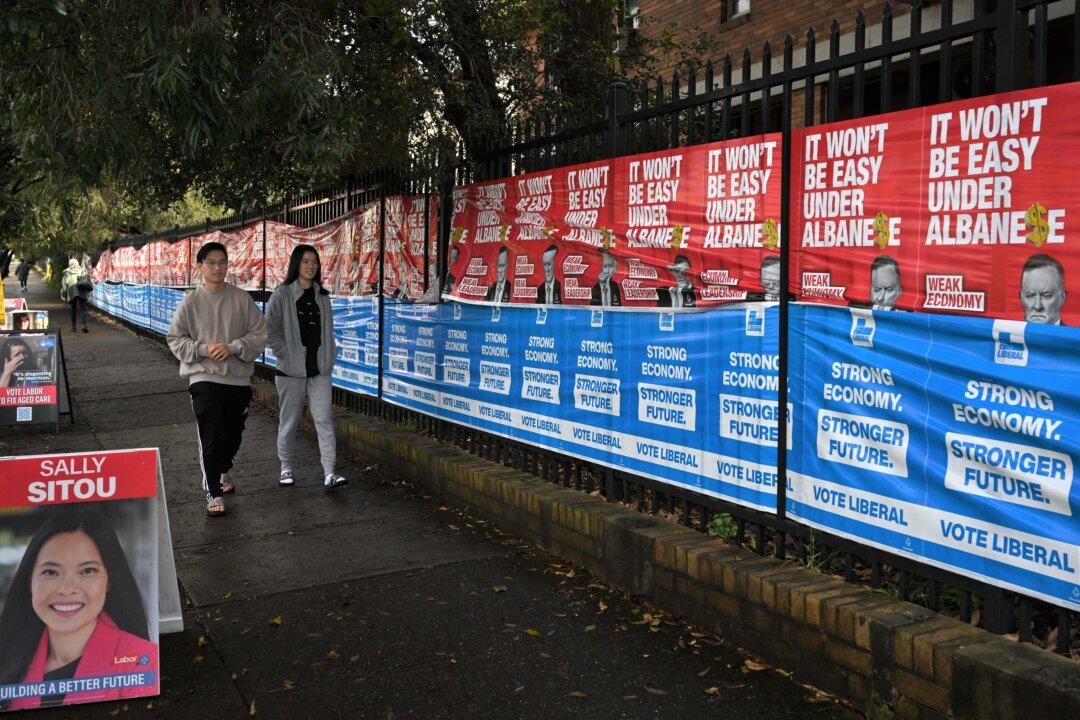Analysis
Between 22 and 27 percent of donations received by major Australian political parties cannot be traced to specific donors, the Australian Electoral Commission has revealed.

Between 22 and 27 percent of donations received by major Australian political parties cannot be traced to specific donors, the Australian Electoral Commission has revealed.